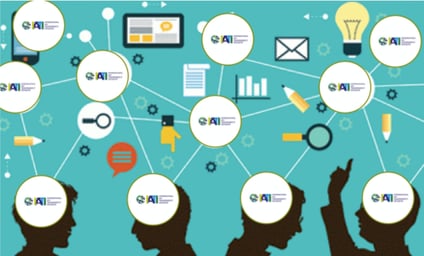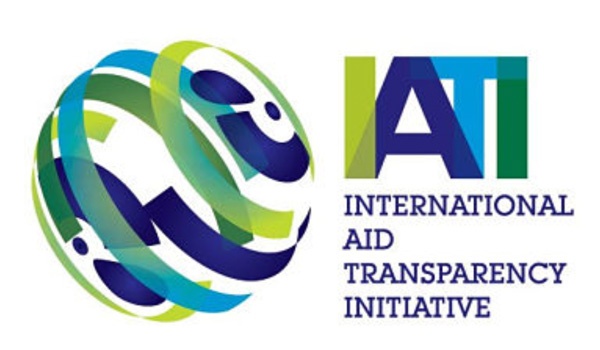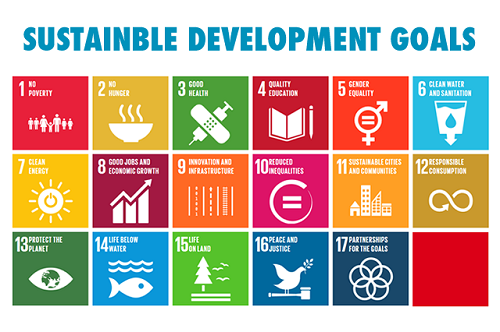The date that all NGOs funded by the Dutch government need to start ‘opening’ their data is approaching fast: from 1 January 2016 onwards these NGOs are expected to start publishing data to the registry of the International Aid Transparency Initiative (IATI). On the verge of IATI’s use becoming a lot more widespread – at least in the Netherlands – it is time to stop and reflect: what has open data and IATI achieved thus far? How can some of IATI's challenges be addressed? And most importantly: what can NGOs do to turn IATI into a valuable instrument?
Topics: Impact measurement, Accountability, Open development, Transparency, IATI
During the United Nations’ annual summit last week the 193 UN member-states endorsed the 2030 agenda for sustainable development, including 17 Sustainable Development Goals (SDGs) and 169 associated targets. The ambitious plan – set to commence in January 2016 - focuses on changes the world needs to tackle poverty and climate change, and leverage sustainable and equitable growth, now and in the future. Over the next 15 years governments, NGOs, companies and communities are expected to use these goals in developing policies, allocating finance and implementing measures and actions aimed at building a more inclusive, fair and sustainable world. The agenda fails to address, however, how implementation and performance towards these goals – including money flows - will be measured and monitored.
Topics: Impact measurement, IATI
Get off your island: how IATI+ lets NGOs join global do-good strategies

How would you describe an ideal development sector? In my view, this would entail development programmes being designed or adjusted based on continuously updated results of past and current programmes. Not just from your own organisation or region, but from all development and aid programmes carried out by all NGOs that operate worldwide. Wishful thinking, or realistic prospect?
Topics: Impact measurement, Accountability, Open development, Transparency, IATI
-1.jpg?width=232&name=GT%20Sinzer_logo_screen_descriptor%20(1)-1.jpg)


